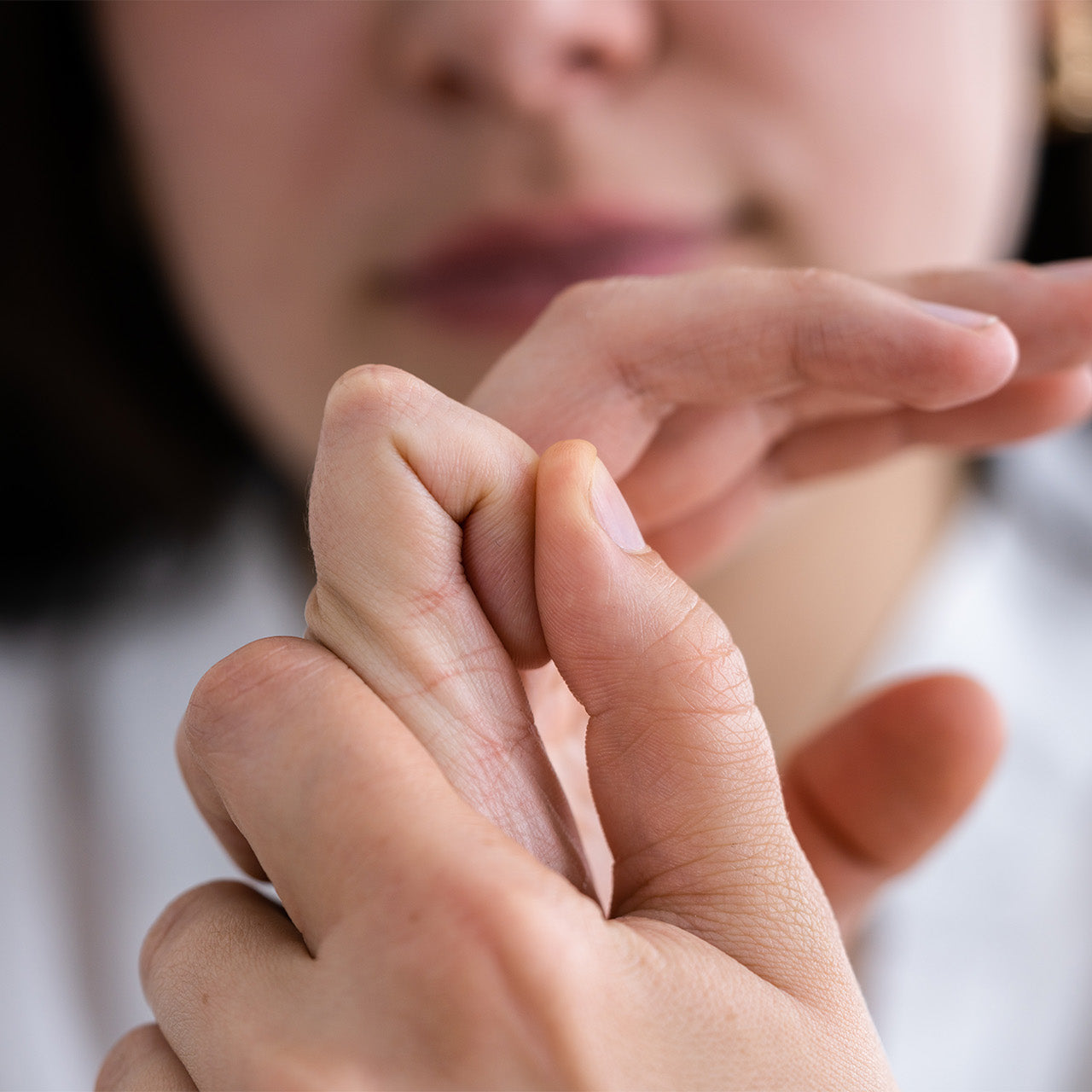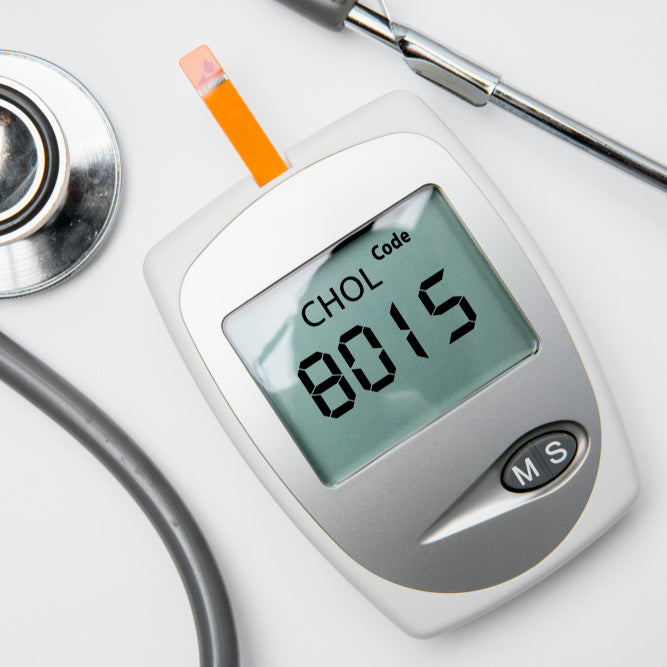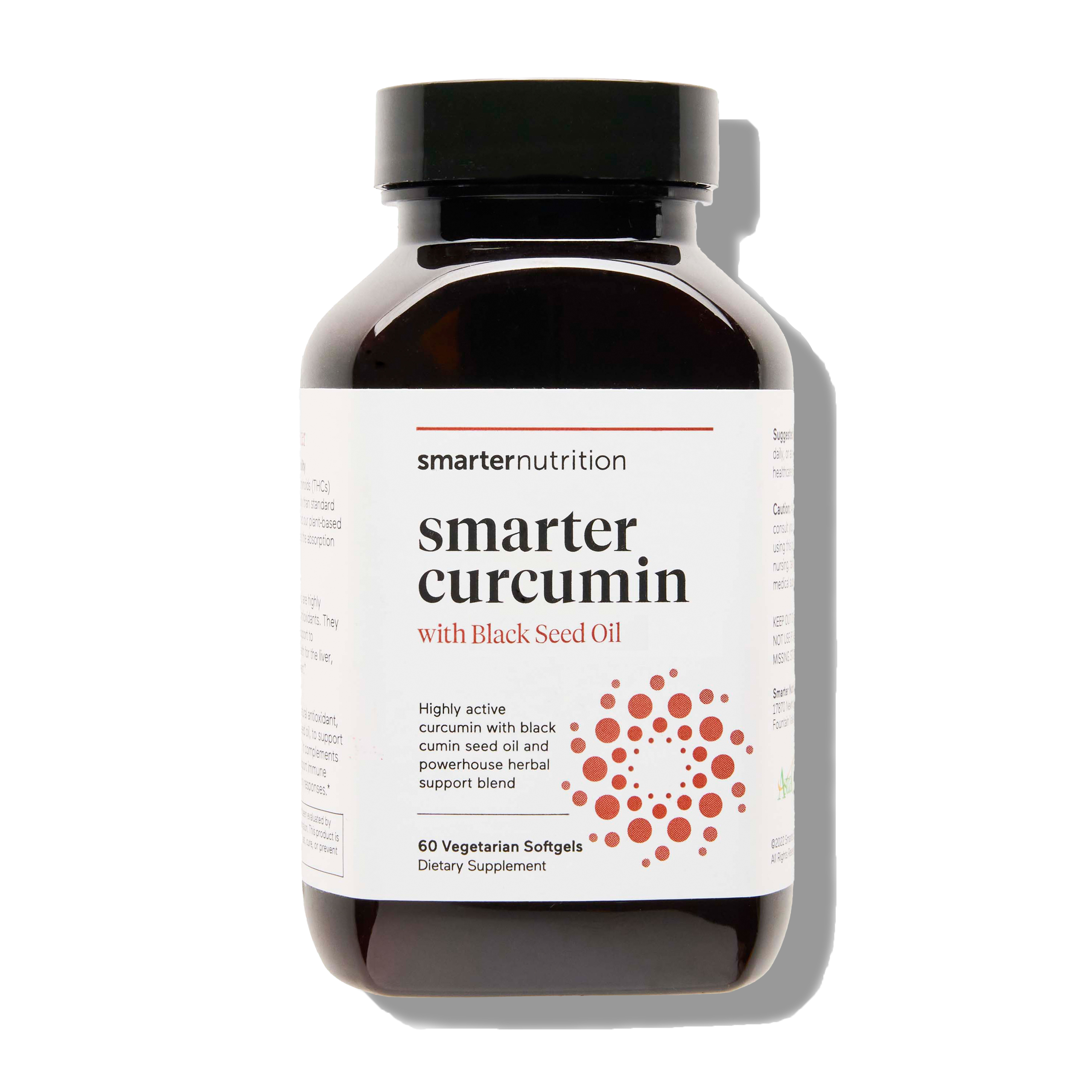
How to Increase Your Motivation in 5 Seconds
We’ve all been there. You plan to go to a workout class after work or you hype yourself up to finally speak up during your next group meeting, but when the time comes to do it, your motivation seem...

5 Mind-Blowing Reasons to Take Magnesium
Magnesium directly influences brain development, memory, and learning because it regulates the body’s N-methyl-D-aspartate (NMDA) receptors. When the body has healthy magnesium levels, NMDA recepto...

Why Being Double Jointed Isn’t All it’s Cracked Up to Be
If you can touch your thumb to your forearm or put your hands flat on the floor without bending your knees, you may think that you’re double jointed. Despite the extremely common use of the term “d...

10 Habits for a Healthy Retirement
Many people count down the years until they’re able to retire. After years of hard work, retirement is a welcome change of pace. However, idle hands can make for unhealthy habits. When you’re used ...

12 Effects of Sleep Deprivation
Between busy work and social schedules, it can be difficult to get to sleep at a reasonable hour. While you might make a conscious effort to eat a balanced diet and exercise often, sleep can fall b...

How Aging is Viewed In Different Cultures
When we’re younger, we can’t wait to be older. But when we’re older, we wish we were younger. Part of the human condition, especially in western cultures, is wishing for what we don’t have and then...

Can Cracking Knuckles Cause Arthritis?
“If you keep cracking your knuckles, you’re going to get arthritis.” You’ve likely heard that cautionary phrase before, but wondered if it was really true. The short answer is no, it’s not. Studies...

“These commercial products, most of them creams, sit for months or even years on drug store shelves, and are full of chemicals that you’ve never heard of.”

5 Ways Taking an Omega-3 Supplement Can Improve Your Health
If the hype around omega-3 fatty acids seems fishy, this blog will hook you into a new line of thinking. The word “fat” has gotten a bad reputation, and it may seem counter intuitive that somethin...

How Taking Care of Your Joint Health Can Improve Your Quality of Life
Your joints are essential for independent movement, but they impact more than just the physical aspects of your life. When the body isn’t able to move comfortably, mental health, sleep, and energy...

Blood Pressure and Cholesterol: What Do the Numbers Mean?
When it comes to blood pressure and cholesterol, numbers don’t lie. It’s important to know what your numbers are and how they affect your health. Depending on where you rank, you may need to make c...

The Inflammation Spectrum: Figuring Out Where One Lands and How to Lower It
If you follow the latest news in the health and wellness arena, chances are good you’ve heard about the dangers of chronic inflammation in the body. Normal inflammation is an important part of the ...

3 Naturally Beauty-Boosting Recipes
While skincare routines can become tedious, including collagen powder into your daily routine is easy, enjoyable, and delicious. When it comes to beauty, consistency is the key to success. At an ag...

Stress arises for many different reasons throughout the course of a person’s life. Whether it’s due to taking the SAT test, getting married, navigating finances, or contemplating a career change, i...

7 Secrets to Borrow from People Who Live the Longest (Blue Zone Hacks)
You can’t live forever, but you can certainly live for longer. With so many things to do, places to go, and people to spend time with, we all want to have as much time as we can on this Earth.

6 Steps to Discourage Digestive Problems As You Age
It is a fact of life that our bodies and their processes change over the course of our lives. As we begin to experience the effects of aging, we might spend more nights in and fewer days running o...

15 Tricks for Instant Energy Without Caffeine
It’s 3:00 pm. You’re starting to feel sluggish, and your day is far from over. Your first thought may be to make a cup of coffee or crack open a can of soda for an energy boost, but there are down...

Why Your Inflammatory Diet May Not Be Working
While it’s critical to eliminate inflammatory foods when on an anti-inflammatory diet, it’s equally as important to add certain foods to help encourage a normal inflammatory response. Here are the...

Do We Lose Digestive Enzymes As We Age?
Spoiler alert: we do. As early as 20 years of age, the body begins producing fewer digestive enzymes, and with each passing decade, enzymes decrease in number more rapidly.

7 Steps to Better Heart Health
One of the five vital organs in the human body, the heart’s job is to pump blood through the circulatory system, providing oxygen and nutrients to the other organs and carrying away waste.

Unlike the Fountain of Youth, aging gracefully isn’t necessarily a myth. But while you might wish for a magical cure-all, keeping your skin glowing and firm takes consistent work throughout your li...



